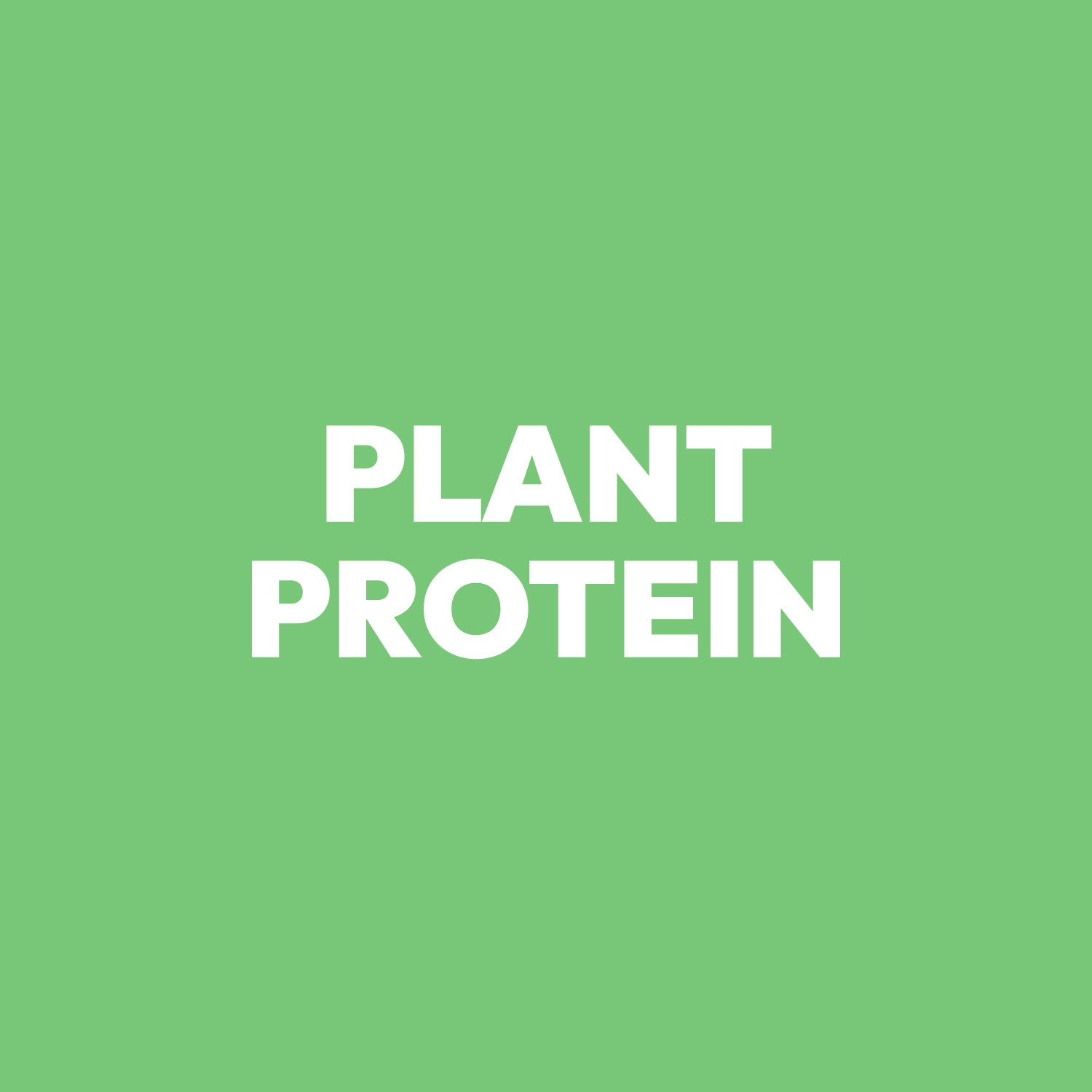

What Is Keto Diet?
If you're hearing buzz about low‑carb eating, you’ve probably come across “what is keto diet” or “ketogenic diet” talk. But what exactly is a keto diet, how does it work, and is it right for you—especially if you focus on plant protein and clean nutrition? Let’s break it down.
What Is Keto Diet? The Basics
The ketogenic diet, or keto diet for short, is a very low carbohydrate, high fat diet designed to shift your body’s energy source from glucose (from carbs) to fat.

By drastically reducing carbohydrate intake (often < 50 g/day) and increasing high fat intake, your body enters a metabolic state called ketosis. In ketosis, your liver converts stored fat into ketone bodies which your body (and brain) can use as fuel.
👉 Check this article about vegan keto diet
Rather than relying on glucose from carbs, the main source of energy becomes fat—whether dietary fat or stored fat. That’s how many people on keto observe that their body burns fat more efficiently.
Because keto diets are a form of low carb diets, they share some similarities with diets like the Atkins diet, though the ratios and focus differ.
How the Keto Diet Works
Here’s a simplified sequence of what happens when you adopt a keto eating plan:
-
You sharply reduce carbohydrate intake, eliminating most grains, starchy vegetables, fruits, legumes, and sugars.
-
The body uses up its stored glycogen (the glucose reserve), which also releases water.
-
With less glucose available, the liver converts fat into ketone bodies (e.g. beta‑hydroxybutyrate).
-
Your system runs on ketones + fat, and you enter nutritional ketosis—switching your metabolic state to fat burning.
-
Over time, as ketone bodies rise, your insulin drops, and your insulin sensitivity may improve.
Because protein intake is kept moderate on keto, your body avoids converting too much protein into glucose (which would interfere with ketosis).
Typical Macro Breakdown & Variations

A classic ketogenic diet (or standard ketogenic diet) often aims for:
-
~ 70‑80% of daily calories from fat
-
~ 10‑20% from protein
-
~ 5‑10% from carbohydrates
Some variants include cyclical keto (higher carbs on certain days) or targeted keto (carbs around workouts). Because many versions exist, each individual may tailor their carb intake, protein allowance, and fat sources depending on goals and tolerances.
Potential Benefits of the Keto Diet
When done correctly, the ketogenic diet may offer:
1. Weight Loss & Fat Loss
Because your body shifts to burn fat, many people see significant weight loss and reductions in body fat percentage.
2. Lowered Blood Sugar & Insulin Levels
Keto diets often reduce blood sugar levels and improve insulin resistance, making them useful for metabolic health.
3. Effects on Blood Pressure & Cardiovascular Markers
Some trials show modest improvements in blood pressure, triglycerides, and other lipid markers. However, saturated fats must be chosen with care.
4. Neurological & Cognitive Function
Because the brain can run on ketone bodies, some evidence suggests cognitive benefits, especially in conditions like epilepsy, Parkinson’s, Alzheimer’s, and migraine.
5. Possible Benefits for Fatty Liver Disease & Metabolic Syndrome
Because the diet promotes fat loss and insulin sensitivity, it may assist those dealing with fatty liver disease or metabolic syndrome.
Risks, Side Effects & Common Pitfalls
The keto diet isn’t perfect or for everyone. Some downsides include:
-
Keto flu: In early days, many experience fatigue, headache, nausea, irritability, “brain fog.”
-
Vitamin & mineral deficiencies: Restricting many food groups may lead to low intake of potassium, magnesium, fiber, etc.
-
Kidney stones: Some studies connect keto to kidney stones, especially when hydration and electrolytes are poor.
-
Increased LDL cholesterol or saturated fat concerns if high-fat foods are delivered poorly.
-
Risks for people with kidney disease, liver disease, or certain metabolic disorders.
-
Long-term sustainability is challenging—many regain weight once returning to higher carb diets.
It’s always wise to consult a registered dietitian or health professional before embarking on a strict keto regimen.
Keto Diet & Plant-Based: How to Reconcile Them
Because keto emphasises high fat and very low carb, many people lean heavily on animal fats, dairy, and processed meats—which conflicts with a plant-first, clean ethos.
But you can adapt keto in a more plant-based direction:
-
Use healthy fats: olive oil, coconut oil, avocado, nut oils
-
Load up on low carb vegetables, leafy greens, cruciferous veggies
-
Get protein from pea protein, other plant-based sources, and whole foods
-
Consider supplementation for nutrients lacking in a restricted keto diet
-
Cycle or moderate the keto approach (e.g. intermittent fasting) rather than rigid long-term restriction
In short: a plant-forward keto is more challenging but possible, and helps mitigate some of the risks (sat fat, nutrient deficiencies) of strict animal-based keto.
Does Keto Diet Work for Everyone?
It depends. Keto diet work better in short-term weight loss trials than some low-fat diets, especially in the initial months.

However, long-term data is less clear—many benefits fade or equalise over time when compared to other diets like the Mediterranean diet.
If your primary goal is weight management, metabolic health, or fat loss, keto can work—but only if you stick with it, manage nutrition carefully, and adjust as needed.
Summary: What Is Keto Diet—Pros, Cons & Practical Tips
-
What is keto diet? A ketogenic diet is a low carbohydrate, high fat diet that pushes your body to burn fat via ketone bodies in a metabolic state called ketosis.
-
It can support weight loss, blood sugar control, and metabolic health, but also comes with risks like keto flu, nutrient deficiencies, and lipid changes.
-
A strict keto diet often demands cutting whole food groups, which can challenge long-term sustainability.
-
If you’re plant-based, you can try a plant-forward keto adaptation—using healthy fats, green vegetables, and plant protein, while monitoring your intake for nutrition gaps.
-
Always consult a health professional, especially if you have existing conditions (kidney disease, metabolic disorders, etc.).
Share:
FAQs about keto diet
More blogs
-

Best Natural Sleep Drinks Australia 2026
Sleep drinks are revolutionising how Australians approach better rest. Unlike tablets or teas, they deliver concentrated doses of sleep-supporting ingredients in a warm, enjoyable format that fits seamlessly into your evening routine. Magik Mylk Sleepy Hot Chocolate leads the market with...
-

Natural Sleep Ingredients Explained
Looking for better sleep without synthetic chemicals? Plant-based sleep supplements combine time-tested botanicals with modern science. Magnesium relaxes your muscles, L-glycine lowers body temperature for deeper sleep, L-tryptophan supports serotonin production, passionflower eases anxiety, and chamomile promotes calm, all working together naturally. This guide breaks down the top ingredients backed...
-

Chocolate Rice Protein Pudding
Leftover rice… but make it dessert 🍫This Chocolate Rice Protein Pudding is rich, silky, and quietly genius. Zero waste energy, chocolatey comfort vibes, and a sneaky protein boost... aka dessert that does more. Method 1. Melt your chocGently melt the dark...
















